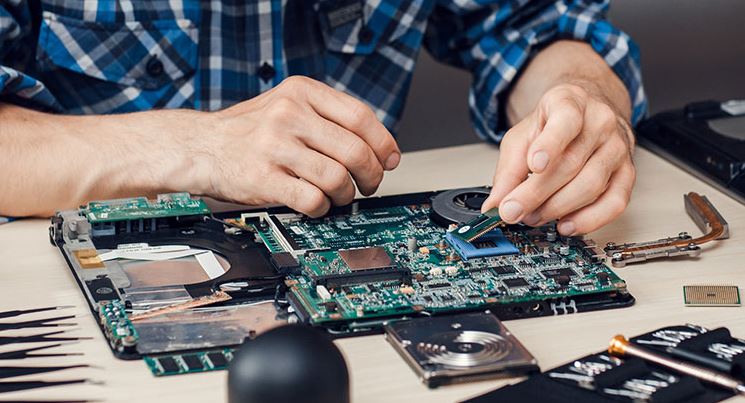Providing computer repair and technology
If you know exactly what you’re doing, upgrading, repairing, or even building your own computer can save you a significant amount of money. Truthfully, computers sold by retailers today often cost more than the combined price of their individual components. On top of that, many computer technicians charge over a hundred dollars per hour for repairs.
However, if you’re planning to handle your own repairs and installations, there are several important tips to keep in mind—not only to protect your computer, but also to keep yourself safe. A lack of knowledge or preparation can cause serious damage to your system.

Basic Safety First: Always Unplug
One of the most fundamental safety rules is this: always unplug your computer before performing any repairs. Simply turning off the computer isn’t enough. With modern systems, the motherboard can still receive power even when the system appears off. Just a few volts can be enough to damage sensitive components. Additionally, be cautious of sharp edges inside the case.
Beware the Tight Spaces
The interior of a computer can be a tight and potentially dangerous space. Manufacturers often cram as much hardware as possible into small form factors, which makes blindly reaching inside risky. If you need access to a hard-to-reach part, it’s better to carefully remove surrounding components rather than forcing your hand into a cramped area—doing so can help you avoid painful scratches or cuts.
Cleaning the Inside: Do It Safely
Over time, dust and debris will collect inside your computer. While it may be tempting to vacuum it out, never use a regular vacuum cleaner. The static electricity generated by a vacuum can fry the motherboard or other delicate components.
Instead, use a can of compressed air to gently blow out dust, and wipe surfaces with a dry, lint-free cloth. This method is safe and effective for cleaning without introducing harmful static.
Final Thoughts
Today, nearly everyone relies on computers, and knowing how to perform your own maintenance can be a valuable skill. Just remember: safety, patience, and preparation go a long way. The more informed you are, the more confident—and careful—you’ll be when working with computer hardware.
